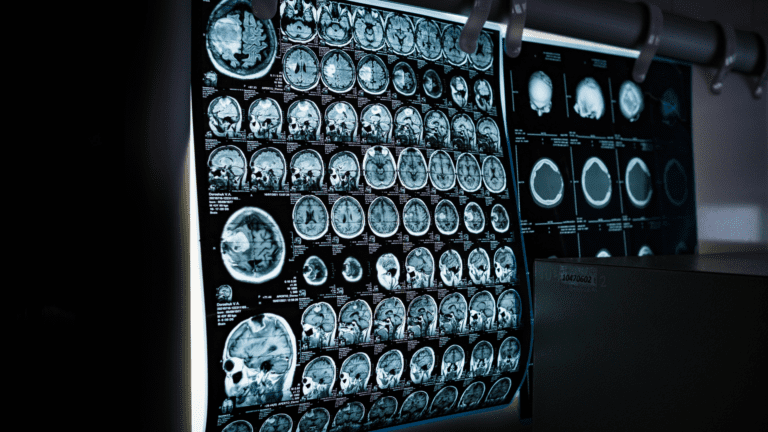
Healey; Conen
A report by the AF-SCREEN International Consortium, published in Circulation AHA this week, could be a foundational review paper on the topic of atrial fibrillation (AF) and dementia, says PHRI Senior Scientist Jeff Healey, a coauthor and member of the steering committee of that consortium. (PHRI Scientist David Conen is also an author on the report.)
The report summarizes the “growing evidence [that] suggests a consistent association between AF and cognitive impairment and dementia that is independent of clinical stroke.”
The authors provide guidance on investigating and managing dementia in patients with AF on the basis of best available evidence, address suspected pathophysiologic mechanisms, and identify knowledge gaps for future research.
The AF-SCREEN report’s first author is Lèna Rivard, of the Montreal Heart Institute in Canada. Jeff Healey points out that her study, BRAIN-AF, “poses to challenge standard paradigms in testing the hypothesis that a pharmacological intervention, i.e., anticoagulation, may delay neurocognitive decline and reduce the probability that an individual will ever develop dementia.”
BRAIN-AF is one of three large studies within the Canadian Stroke Prevention Intervention Network (CSPIN), which Jeff Healey founded in 2013, due to report results in the next 18 to 36 months, he says.
The AF-SCREEN report published this week in Circulation AHA, concludes:
AF and cognitive impairment are major health issues
that are expected to increase exponentially in the future.
Patients place a high degree of importance on
cognitive dysfunction and dementia as outcome measures.
Numerous observational studies have described
an association between AF and cognitive dysfunction
ranging from mild impairment to overt dementia. The
association is independent of manifest stroke as well as
of the several risk factors common to both entities. Several
pathophysiologic mechanisms have been proposed,
some of which are potentially amenable to early intervention.
Prospective and randomized clinical trials are
required to understand links between AF and cognitive
decline and to determine which interventions could effectively
prevent decline in cognitive function and avert
or delay the onset of dementia. These are required before
screening for AF could be considered as a strategy
to prevent or delay dementia.



